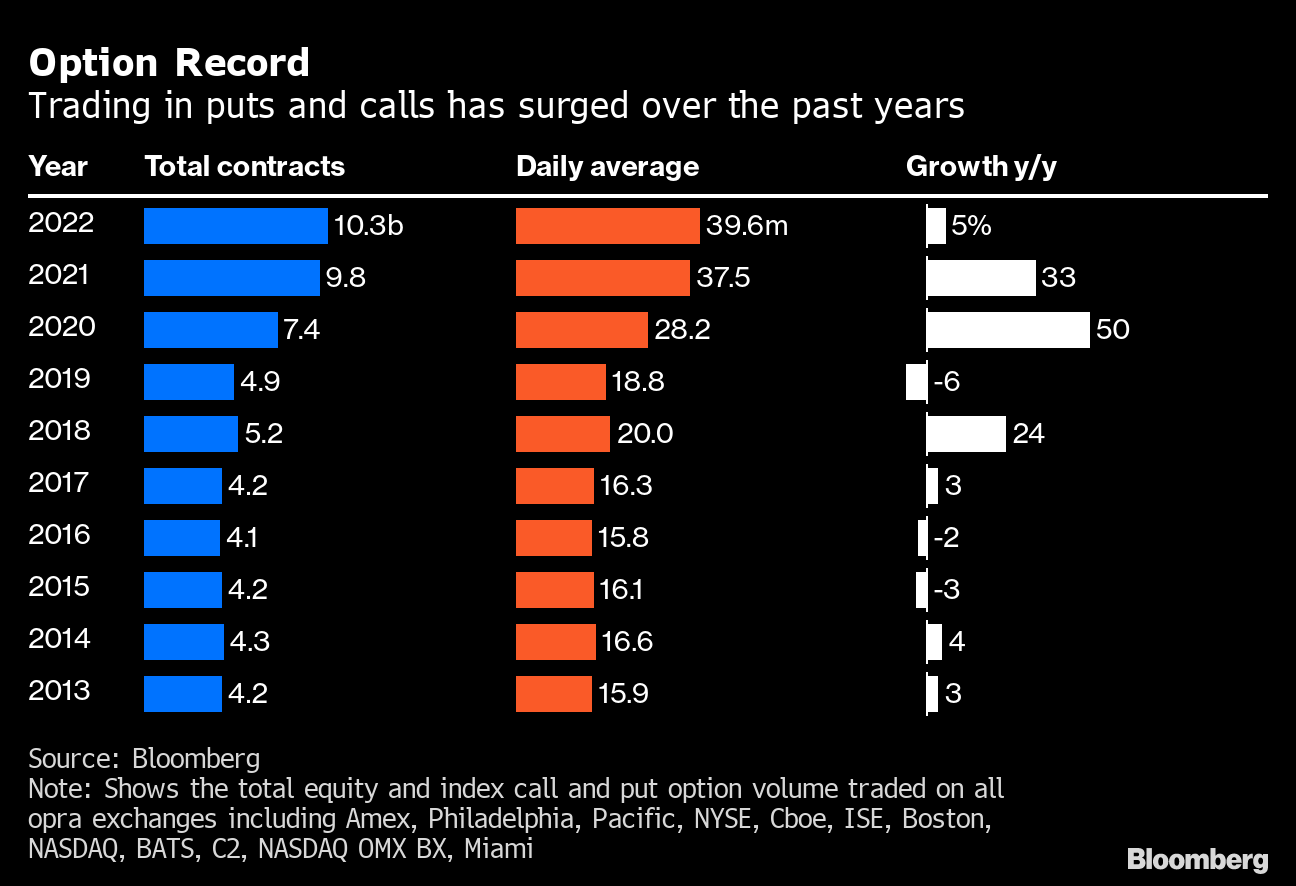The US options market is regulated by both old and new laws to keep the legal structure up to date without changing the core values. Nevertheless, the market has changed so much over the decades that understanding and interpreting them in the right context can still take some time. This brief but useful introduction to the US options market regulators will help newcomers get started.
Which Regulatory Bodies are in Charge of the Options Trade?
All option contracts in the US are regulated but they are not all regulated by the same organizations. The following list will help in explaining what kind of option contracts each regulatory body is in charge of.
- Options traded over stocks and indices are regulated by the Securities and Exchange Commission (SEC) and the Financial Industry Regulatory Authority (FINRA).
- Options traded over commodities and futures are regulated by the Commodity Futures Trading Commission (CFTC) and the National Futures Association (NFA).
Jointly, the Securities and Exchange Commission, the Financial Industry Regulatory Authority, the National Futures Association, and the Commodity Futures Trading Commission are in charge of creating, registering, establishing, implementing, standardizing, updating, and revising all laws, rules, and regulations that govern the options trade in United States.
How Do the Regulatory Bodies Help Traders?
The goals and objectives of all organizations in charge of regulating the various options markets are built primarily around:
- Looking after and protecting the average investor’s rights and interests.
- Preparing and implementing the various laws, regulations, and general guidelines to keep the market practices fair.
It’s true that organizations like the SEC, FINRA, and CFTC create and implement most of their legal protocols with the average trader’s interests in mind. However, their laws are not meant to place any trader, small or large, in an advantageous position. New traders looking to place themselves in an advantageous position will need to go through James Cordier’s complete guide to option selling for that.
By definition, the laws put in place by the respective regulatory authority can only protect the average investor against unfair practices. They can neither help traders in making shrewd investment decisions, nor can they provide them with any insights which might help them in predicting changes in market conditions. The options trading regulators are neutral in that respect, just as they should be.
What are Some of the Areas that they Regulate?
The SEC, FINRA, CFTC, and the NFA control and regulate all aspects of the options trade in their respective sectors. Some of their most important functions include but are not limited to regulating the following:
- Core trading mechanics.
- Units of trading and Lot sizes.
- Strike prices and expiry dates in option chains.
- Limits on position holding, leverages, and margins.
- Rules that direct trade reporting, order reporting, exception handling, and exemptions (hedged positions).
- Rules that direct off-exchange option trades, short selling, dispute handling, and disciplinary actions.
All option trading exchanges and brokerages registered in the United States are required to follow the rules established by their respective regulatory bodies. Although traders must also adhere to the same rules, most of the responsibility for compliance still falls on the concerned exchanges and brokerages by design.





Be First to Comment